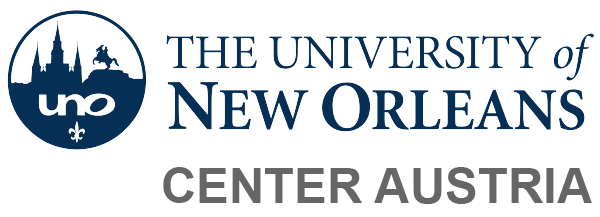Episode 12 - Elisabeth Röhrlich
In the twelfth episode, Elisabeth Röhrlich discusses the founding of the IAEA (International Atomic Energy Agency) and its functions and objectives. Additionally, the role of Austria during the agency's early years is also examined.
Dr. Elisabeth Röhrlich, Associate Professor, completed her doctorate in 2009 at the University of Tübingen and has since held various fellowships, including at the Woodrow Wilson International Center for Scholars in Washington. Since September 2022, she has been an Associate Professor at the Department of History at the University of Vienna, and since March 2023, she has also served as Vice Dean of the Faculty of Historical and Cultural Studies. Her research areas include the “History of Technology and Politics in the Atomic Age and the Cold War,” “The History of International Organisations (particularly the IAEA and the UN),” and “Austrian Contemporary History in its International Contexts.” Her interests led her to direct the “IAEA History Research Project” in 2011. Inspired by this project, her second monograph, *Inspectors for Peace: A History of the International Atomic Energy Agency*, was published in 2022. During the early stages of this project, she became a member of the Nuclear Proliferation International History Project (NPIHP), a global network of nuclear historians she describes as her “academic family.”
Following the speech delivered by U.S. President Dwight David Eisenhower on 8 December 1953 before the United Nations General Assembly in New York, which soon gained fame under the title “Atoms for Peace,” the International Atomic Energy Agency (IAEA) was established on 29 July 1957 by, among others, the United States and the Soviet Union. After prolonged discussions, Vienna was chosen as the headquarters. The goal of the organisation is to advance atomic technology primarily in the fields of medicine, science, agriculture, and energy production while simultaneously preventing its military use. In the podcast, Dr. Röhrlich elucidates the paradoxical task of the IAEA in disseminating nuclear knowledge and technology while simultaneously preventing nuclear weapons programmes. Additionally, the role of Austria, particularly in the founding years, and the associated “spirit of Vienna” are also discussed.
Interviewers:
Hannah Fill is a Master's student at the University of Innsbruck.
Nora Hitthaler is a Master's student at the University of Innsbruck.
